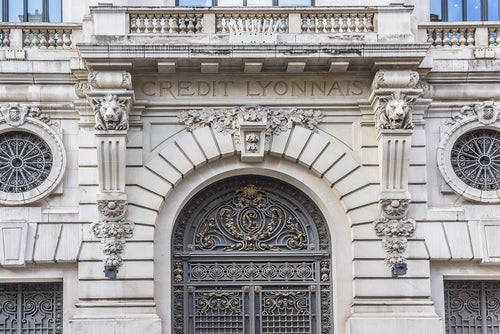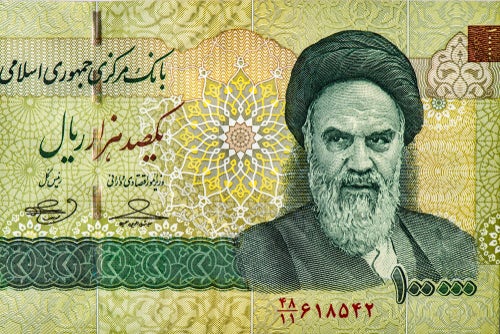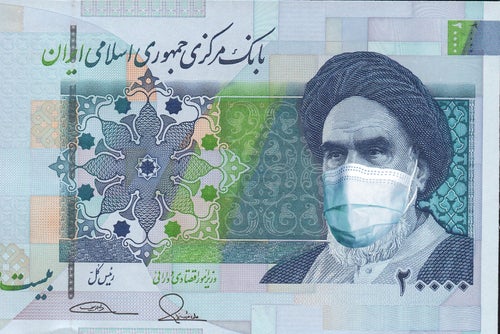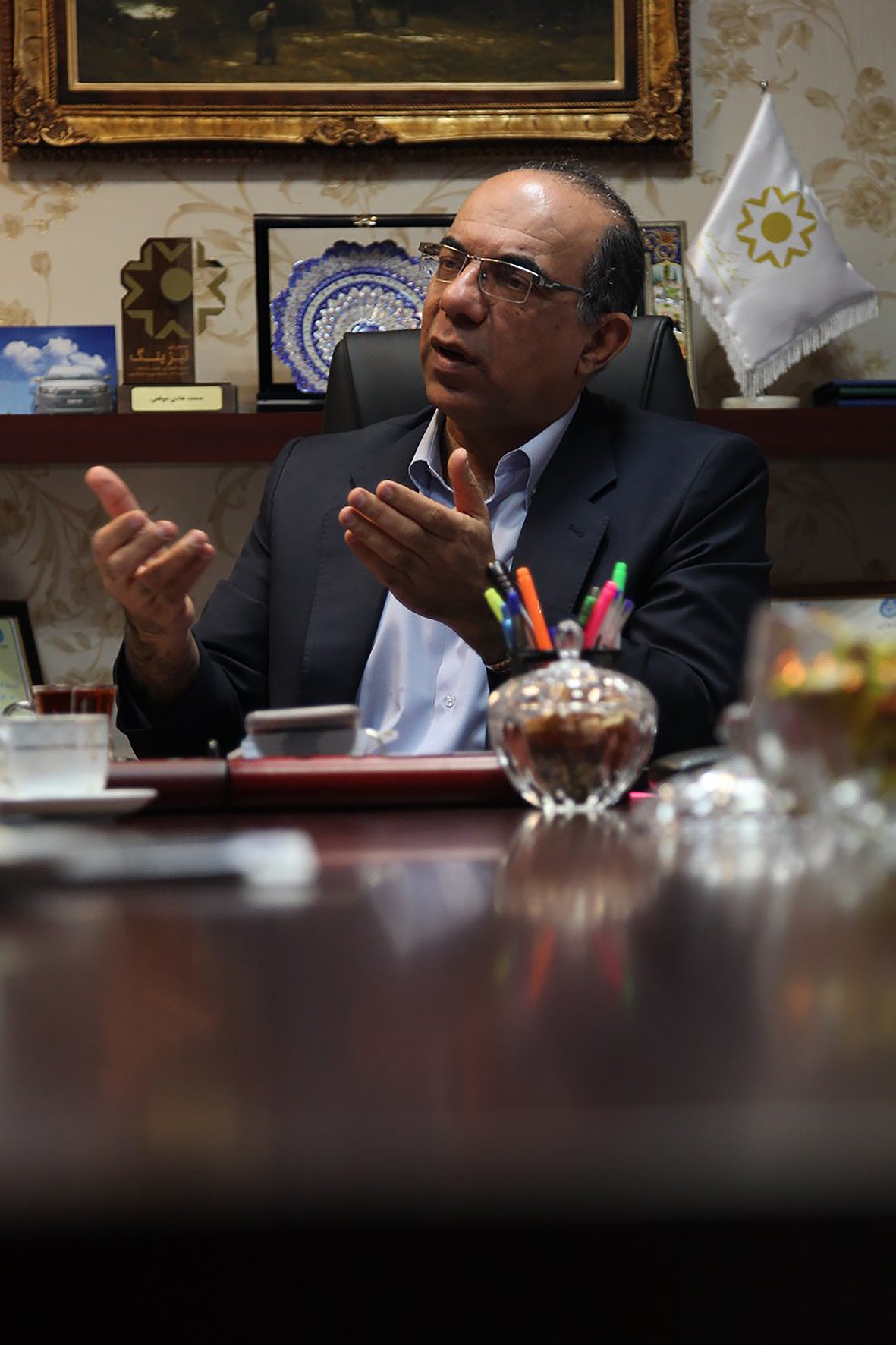
The Islamic Republic of Iran is the 28th-largest economy in the world, according to the UK-based Centre for Economic and Business Research.
The country has been hit by crippling economic sanctions, most recently imposed by the Trump administration in 2018, limiting Tehran’s ability to trade and invest. Iran and the new Biden administration are currently in talks to explore the lifting of these sanctions.
Here, Mohammad Hadi Moghaei, secretary-general at the Iranian National Leasing Association, describes Iran’s experience with asset finance.
Iran’s economy developed rapidly in the second half of the twentieth century and by the 1970s the country had undergone significant industrialisation as well as economic modernisation, with the development of banks, manufacturing and technological developments in large part funded by oil revenues that were fuelling the country’s growth.
The first leasing company to operate in the country was the Iran Leasing Company, which was founded in 1975 by the French bank Credit Lyonnais in partnership with the Iran Credit Bank. This was shortly followed by the establishment of Aria Leasing Company, set up by the Iran Industrial & Mining Development Bank and the French bank Societe Generale.

How well do you really know your competitors?
Access the most comprehensive Company Profiles on the market, powered by GlobalData. Save hours of research. Gain competitive edge.

Thank you!
Your download email will arrive shortly
Not ready to buy yet? Download a free sample
We are confident about the unique quality of our Company Profiles. However, we want you to make the most beneficial decision for your business, so we offer a free sample that you can download by submitting the below form
By GlobalDataCredit Lyonnais, today LCL, headquarters on Boulevard des Italiens, Paris, established 1886. LCL is one of the major French commercial banks and was founded by Henri Germain in 1863.
However, as a result of the Islamic Revolution, these two companies ceased operating in 1978 and it wasn’t for another 15 years that a private leasing company started trading again, when Majid Partovi, the first chief executive of Iran Leasing Company, started Pars Leasing.

Iran banknote, 100000 Rials, featuring a portrait of Khomeini (1900-1989).
Just after the turn of the millennium in 2001, carmakers started getting into leasing with a view to increasing sales, with the country’s top carmakers, Iran Khodro (with Khodrokar Leasing Company), and Saipa (with Rayan Saipa Leasing Company) leading the way. In all, there were estimated to be around 300 leasing companies set up in just a few years.
As the industry grew, and non-bank credit institutions entered the market, Iran’s Central Bank (CBI) was given responsibility for overseeing parallel money markets that could compete with banks, which then included leasing companies, (as well as stock brokerage companies, currency trading companies and private lenders linked to charities).
Some believed that 20 per cent of the country’s cash flow was in such institutions, and that lack of oversight could disrupt the monetary system. For this reason, the Unorganised Money Market Regulation Law was passed to address the informal money and non-banking markets. Leasing companies also inevitably fell into this category.

Tehran skyline at sunset.
The years 2001 to 2010 are a decisive decade in the Iranian leasing industry. In 2002, the Iranian Leasing Companies Association was established by several private leasing companies in the Chamber of Commerce. From 2002 onwards, large car companies and banks established leasing companies and these new companies became members of the association. But it did not take long for a dispute to arise between private and newly established large companies over voting in the general assembly, and as a result, several new large companies formed the Club of Leasing Companies. Until 2009, disagreement between the two groups prevented the creation of a strong voice and cohesion in the Iranian leasing industry.
Another hurdle the industry was faced with at this time were new conditions set by the Central Bank for leasing companies that they needed to comply with within a month in order to obtain an operating licence. Minimum capital, adequate credit records, business plans, and the introduction of qualified managers were among the requirements that had to be met to obtain an operating licence. Out of 300 companies operating at this time, only 20 met the conditions. As a result of the new conditions, many smaller private companies ceased trading in the industry, and leasing was then monopolised by banks and automakers.
In the following decade, from 2010 to 2020, the Central Bank was concerned that shareholders of private sector banks were using affiliated leasing companies to take out loans. As a result, strict regulations for banks were extended to leasing companies. The CBI now supervises all leasing companies, both banking and non-banking, with the same regulations.

Iran’s 20,000 reais banknote, with a medical mask.
The industry has faced many obstacles over the past few decades, from the monetary and financial repression policies of the Central Bank, disagreements between the Club and Association of Leasing Companies, the liquidation of many private sector leasing companies due to failure to comply with stricter operating conditions set by the Central Bank, the entry of new intermediary companies into the car market and claims of affiliation leasing companies, industry violations, and most importantly the unfamiliarity of the Central Bank with the mechanisms of supervising the leasing industry. As a result of these challenges, there has been a call for a strong national organisation to represent the needs of lessors with a single voice. The new umbrella organisation, the Iranian National Leasing Association was established in March 2016, and I was elected its secretary general.
Immediately, the association adopted policies to develop a strategy for the leasing industry in Iran, and the first effect of implementing this strategy was the unity and cohesion of all leasing companies. That year, 28 leasing companies attended the meeting of the founders of the National Association. At the time of writing, this number has grown to more than 43 companies. All official and licensed leasing companies are members of this association, and this was the first strategic achievement to start a transformation.
Mohammad Hadi Moghaei, secretary general at the Iranian National Leasing Association
Ranked 45th in the world
According to the White Clarke Global Leasing Report 2021, which ranks countries by leasing volume, Iran is ranked 45th (compared to its neighbour Turkey, 30th, and further away Egypt, 46th). Citing figures from 2019, White Clarke Group reported that total new leasing business in Iran was $0.75bn, with growth down 13% on the previous year. Iran ranks ahead of Serbia (47th) and Greece (48th). These figures reflect the state of the leasing market before the outbreak of Covid-19. US currency conversions are based on exchange rates on 31 December 2019.








